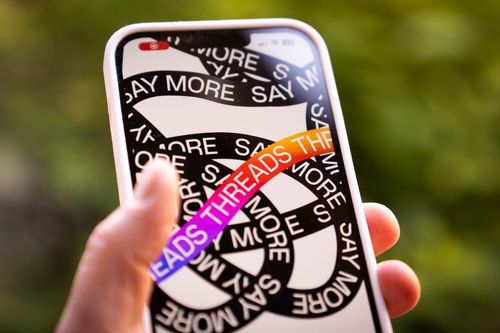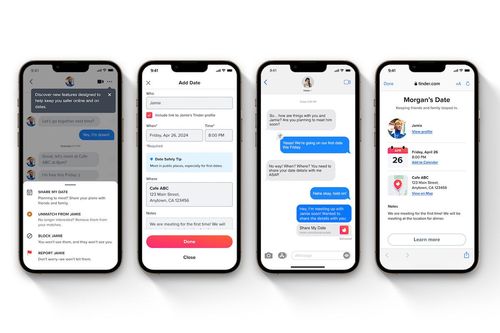Welcome to the era of AI gadgets
Humane, Rabbit, Brilliant, Meta, and numerous other firms are on the verge of introducing AI-centric devices. While AI hardware might not eclipse the smartphone industry in magnitude, it's anticipated to make a significant impact.
April 2024 is set to mark the commencement of an innovative technological epoch. This bold assertion stems from the imminent launch of a fresh batch of gadgets. Humane is unveiling its AI-operated Pin, Rabbit is distributing its AI-driven R1, Brilliant Labs is releasing AI-integrated smart glasses, and Meta is enhancing its smart glasses with a feature that leverages AI for navigational assistance in the physical world.
The surge of AI gadgets signifies the dawn of an AI hardware revolution, with these devices embedding artificial intelligence at the core of user interaction. Whether it's querying the AI Pin for information, entertainment, or photography, or identifying objects through Rabbit's R1 or Meta's smart glasses, these interactions are powered by complex models of language and image recognition, positioning AI not just as an application but as the essence of the experience.
These devices might redefine user engagement and functionality, offering a glimpse into the future without necessarily rendering current technologies obsolete. The discourse surrounding these innovations often pits them against smartphones, questioning the need for specialized hardware. Yet, the argument for AI gadgets extends beyond replacing smartphones; it emphasizes the potential for more seamless interaction and accessibility, highlighting the limitations and inefficiencies of current smartphone usage dictated by app-centric models.
The envisioned future of AI transcends mere convenience, aspiring to revolutionize interaction by eliminating the cumbersome steps involved in traditional technology use. This ambition faces skepticism due to AI's current limitations and the complexities of integrating multiple services seamlessly. Yet, companies like Humane and Rabbit are exploring hybrid models that combine AI with user-customizable interfaces, striving for a balance between automation and personal preference. This approach, coupled with the quest for the ideal AI device, echoes the experimental and diverse era of pre-smartphone mobile design, suggesting a period of innovation and exploration rather than immediate perfection.
 Why Meta is looking to the fediverse as the future for social media
Why Meta is looking to the fediverse as the future for social media Microsoft’s Surface and Xbox hardware revenues take a big hit in Q3
Microsoft’s Surface and Xbox hardware revenues take a big hit in Q3 Augment, a competitor of GitHub Copilot and backed by Eric Schmidt, emerges from stealth mode with a launch of $252 million
Augment, a competitor of GitHub Copilot and backed by Eric Schmidt, emerges from stealth mode with a launch of $252 million IBM advances further into hybrid cloud management with its $6.4 billion acquisition of HashiCorp
IBM advances further into hybrid cloud management with its $6.4 billion acquisition of HashiCorp Perplexity is raising over $250 million at a valuation of between $2.5 billion and $3 billion for its AI search platform, according to sources.
Perplexity is raising over $250 million at a valuation of between $2.5 billion and $3 billion for its AI search platform, according to sources. Apple announces May 7 event for new iPads
Apple announces May 7 event for new iPads Gurman: iOS 18 AI features to be powered by entirely On-Device LLM, offering privacy and speed benefits
Gurman: iOS 18 AI features to be powered by entirely On-Device LLM, offering privacy and speed benefits Meta aims to become the Microsoft of headsets
Meta aims to become the Microsoft of headsets Tinder introduces a 'Share My Date' feature allowing users to share their date plans with interested friends
Tinder introduces a 'Share My Date' feature allowing users to share their date plans with interested friends This is Tesla's effective solution for the recalled Cybertruck accelerator pedals
This is Tesla's effective solution for the recalled Cybertruck accelerator pedals
